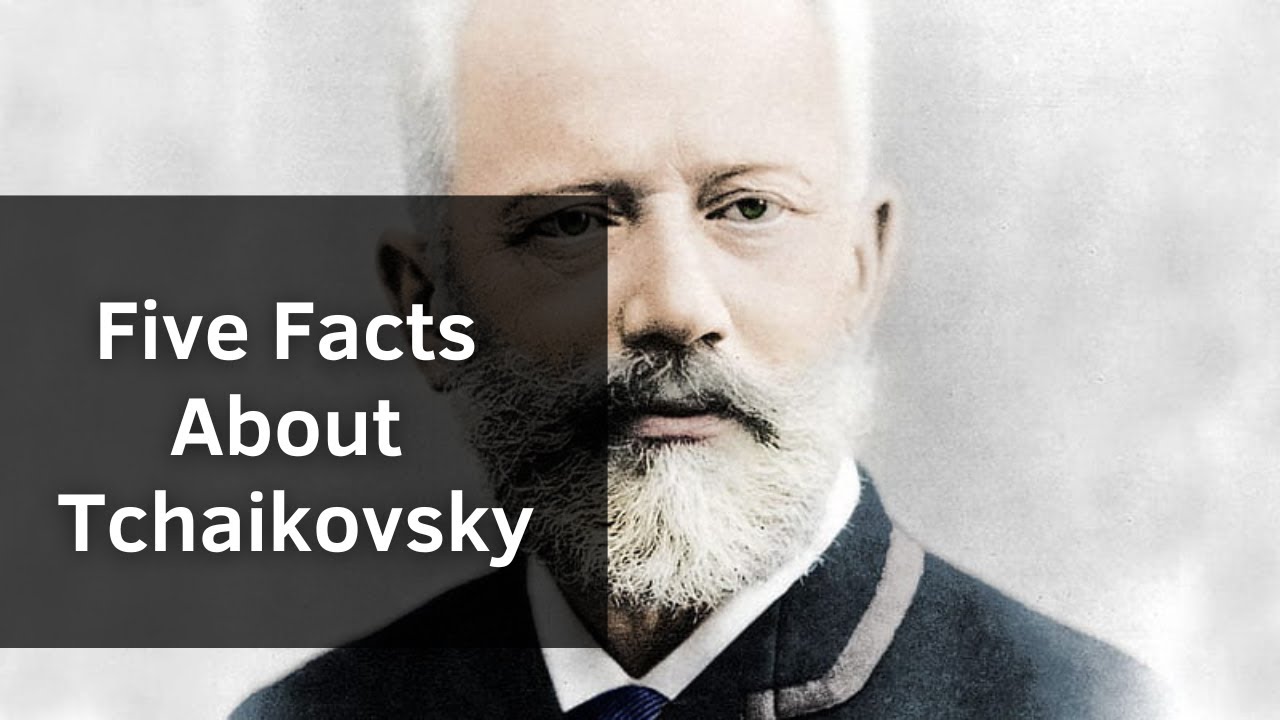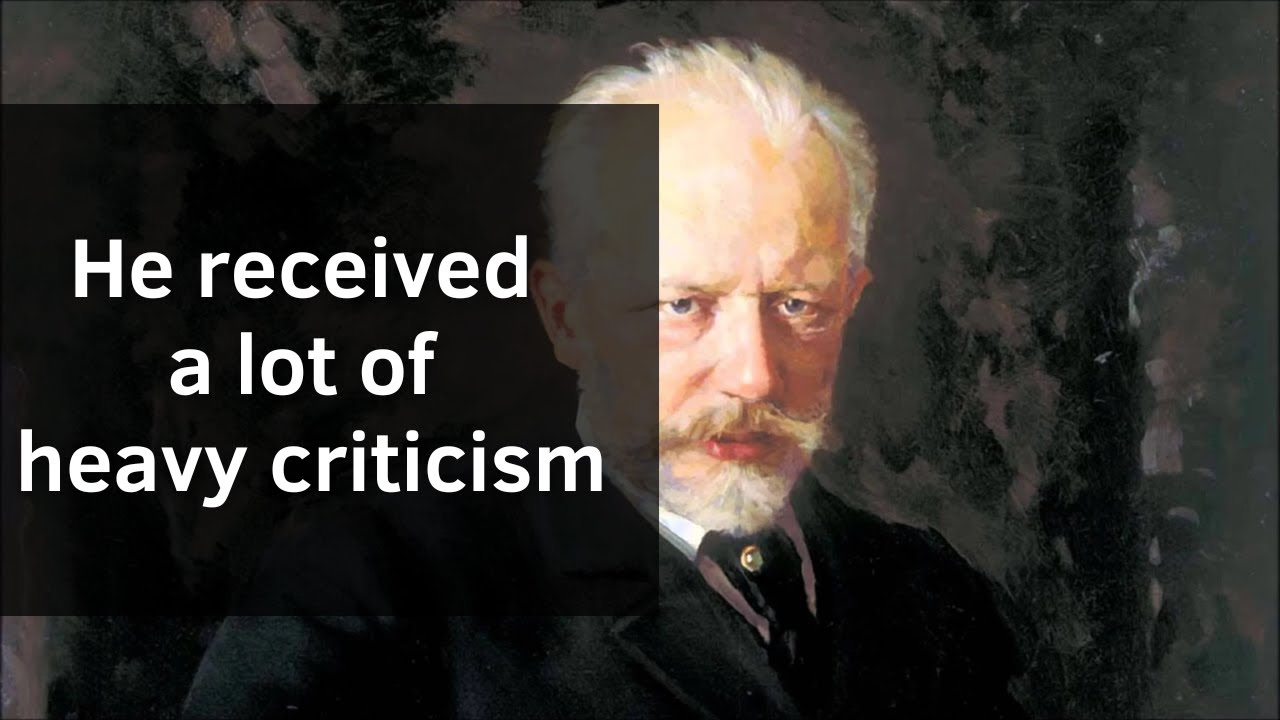
The Story Behind “The Nutcracker” by Tchaikovsky
The Story Behind “The Nutcracker” by Tchaikovsky The story of The Nutcracker is loosely based on the E.T.A. Hoffmann fantasy story The Nutcracker and the Mouse[…]

Tchaikovsky – Short Biography
Tchaikovsky – Short Biography Pyotr Ilyich Tchaikovsky (7 May 1840 – 6 November 1893) was a Russian composer of the Romantic period. He was the first[…]

Five Facts You Didn’t Know About Tchaikovsky
Five Facts You Didn’t Know About Tchaikovsky 1. Tchaikovsky was born in Vostkinsk, a small town in Udmurt Republic, Russia. He began piano lessons at the[…]

Why did Tchaikovsky’s compositions receive heavy criticism?
Why did Tchaikovsky’s compositions receive heavy criticism? Critical reception to Tchaikovsky’s music was varied but also improved over time. Even after 1880, some inside Russia held[…]

Tchaikovsky – The Seasons, Op. 37a – X. October – Music | History
The Seasons, Op. 37a (also seen as Op. 37b; Russian: Времена года; published with the French title Les Saisons), is a set of twelve short[…]

Tchaikovsky – Concerto No. 2 in G Op. 44 – Music | History
Tchaikovsky – Concerto No. 2 in G Op. 44 – Music | History Pyotr Ilyich Tchaikovsky’s Piano Concerto No. 2 in G major, Op. 44, was[…]

Tchaikovsky Biography – Music | History
Tchaikovsky Biography – Music Collection – Music | History Pyotr Tchaikovsky’s work was first publicly performed in 1865, with Johann Strauss the Younger conducting Tchaikovsky’s Characteristic[…]

Tchaikovsky – Symphony No. 4 – IV. Finale. Allegro con Fuoco – Music | History
Tchaikovsky – Symphony No. 4 in F Minor, Op. 36 – IV. Finale. Allegro con Fuoco – Music | History Pyotr Ilyich Tchaikovsky’s Symphony No. 4[…]

Happy Classical Music – Tchaikovsky Collection
Happy Classical Music – Tchaikovsky Collection Classical music is art music produced or rooted in the traditions of Western culture, including both liturgical (religious) and secular[…]

Happy Classical Music – Tchaikovsky, Mozart, Vivaldi, Strauss
Happy Classical Music – Tchaikovsky, Mozart, Vivaldi, Strauss Classical music is art music produced or rooted in the traditions of Western culture, including both liturgical (religious)[…]